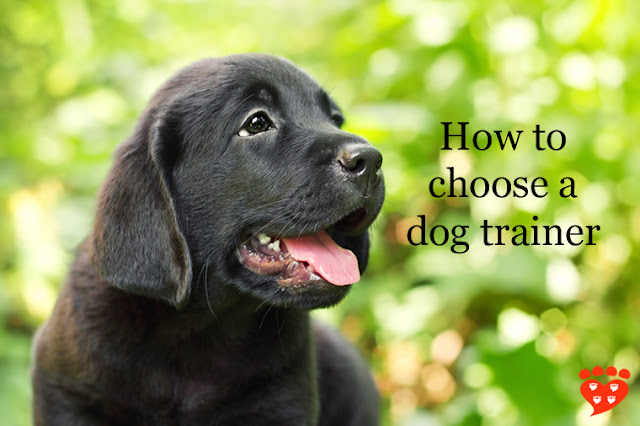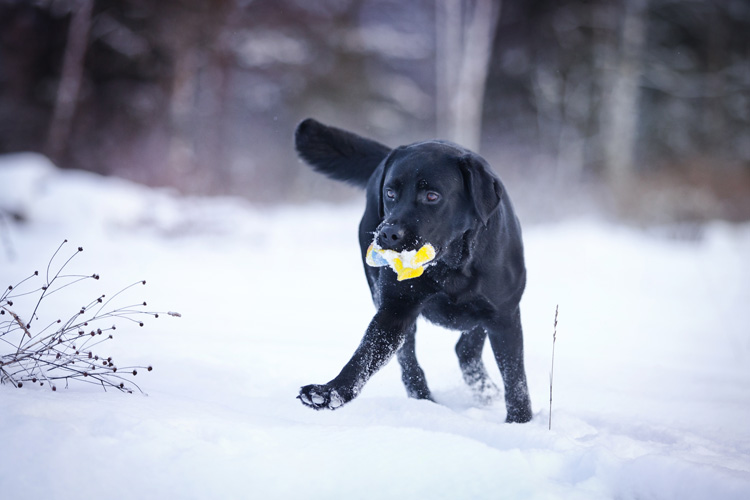The Posts of the Year 2016

The most popular posts from Companion Animal Psychology in 2016. Photo: Olga_i/Shutterstock By Zazie Todd, PhD Looking back, I'm surprised by how much I wrote this year. During 2016 I published 58 blog posts, including 28 reviews of individual research papers on dogs, cats, ferrets, and the human-animal bond. I feel very lucky to have interviewed both Dr. Sarah Ellis and Jean Donaldson , and thank them both for such interesting and inspiring interviews. I published the first guest post, an important piece by James Oxley and Clare Ellis about how rabbits are missing out on basic pet care practices . I really enjoyed hosting the Train for Rewards Blog Party, which was a huge lot of fun (look out for it again in 2017!). Thank you to everyone who participated, whether by writing a post or sharing your favourites. I also kept my list of dog training research resources up to date, and there you will find a list of research articles on dog training and p...








